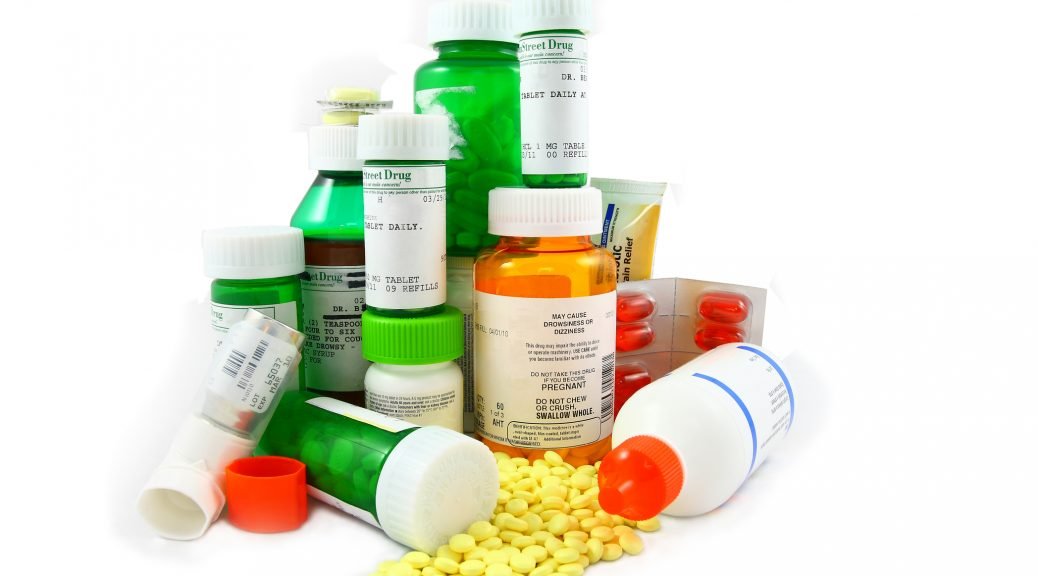Prescription Medication: The Do’s and Don’ts
When taking prescription medications, your senior should do the following:
Frequent a pharmacist who keeps a “drug profile” for customers and who will alert you to any prescription medication interaction problems. Also, continue comparing prices at other pharmacies as your pharmacist may match a cheaper price at another drugstore if you’re a regular customer.
Ask your doctor to write the purpose of the medication on the prescription so that the pharmacist can then type it on the label, helping to reduce the chance of accidental mix-ups. Most pharmacists will also write the expiration date of the prescription medication if asked to.
Ask the pharmacist for easy open caps, large print labels, and sometimes oversize bottles may be necessary. Check your prescription medications before leaving the pharmacy. Make sure that the correct patient’s name is on the bottle and the directions are consistent with what the doctor told you. Ask the pharmacist if your pill box or pill organizer will affect the stability of the prescription medication. You should also talk with your doctor and pharmacist about whether crushing pills or putting them in liquid or applesauce affects the medication, making them less effective.
Always read the medicine container before each dose. Always take all medications as prescribed. A recent report found that nearly 25% of all admissions to nursing homes were due to elders not following the prescribed medication therapeutic regimen.
Things your loved ones should not do when taking prescription medications: Never put drugs in different bottles then what they were originally prescribed in. When medications are in different bottles, it’s hard to remember what they are for or how they should be taken. Also, the original bottles are tinted or opaque to keep out damaging sunlight.
Split medications in advance. When the doctor has approved taking half a pill, ask the pharmacist whether splitting medications in advance will have an effect on the drug. (Most large pharmacies sell tablet cutters for splitting pills). Chew or break pills unless directed. You should never take anyone else’s prescription medication. Never drive when there’s a warning on the medications saying that it may cause drowsiness or fatigue. Never modify the dosage without consulting your physician.
Never discontinue medications even if you feel better. This is especially true for antibiotics. Quitting before the pills are taken completely may cause an increase in antibiotic resistant strains of bacteria. Also, abrupt discontinuation of medications may cause unpleasant and possibly dangerous withdrawal symptoms. Your physician always needs be notified when medications are discontinued before the prescribed time.
Do not accumulate old prescription medications. Unused medicines make the proper management of medications more difficult. The best way to dispose of prescription medications is by flushing them down the toilet, which will ensure that children, pets or others will not find them in the trash and be harmed by them in any way.
These recommendations should help to make yourself or family member safer and healthier.
Some information from Eldercare for Dummies by Rachelle Zukerman
Additional information and webpage by Paul Susic Ph.D. Licensed Psychologist (Health and Geriatric Psychologist)


